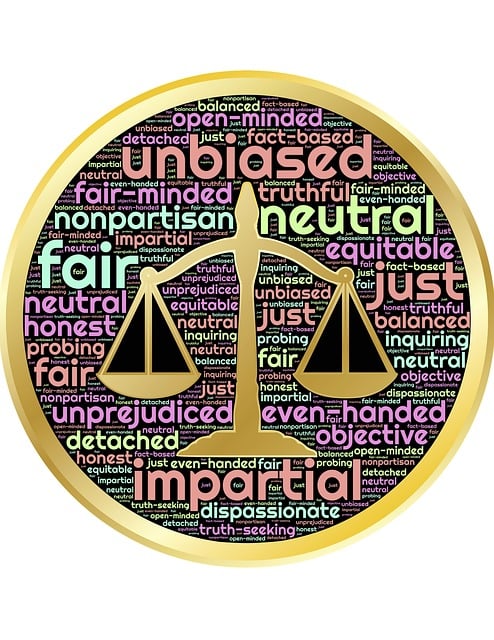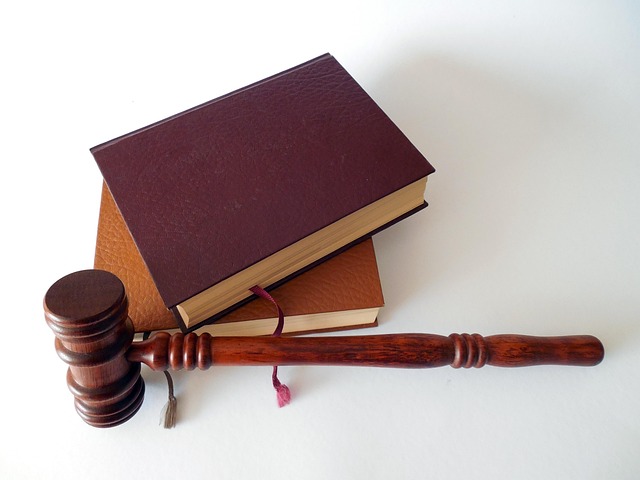Regulatory fraud laws protect consumers and require companies to maintain meticulous records, practice transparency, and comply with requirements to avoid allegations. Best self-defense tactics involve proactive evidence collection, preservation, clear communication, strategic planning for physical and digital evidence, and collaboration with legal experts. Loopholes exist in fraud laws, requiring skilled attorneys to challenge evidence and intent, potentially leading to charges' dismissal. After a verdict, defendants can appeal through motions or direct appeals, seeking procedural errors' correction and challenging convictions.
Regulatory fraud laws are crucial tools in fighting dishonest practices that harm consumers, businesses, and public safety. Understanding these laws, their key definitions, and best self-defense tactics is essential for building a strong defense in criminal cases. This article explores evidence collection strategies, effective communication techniques, legal loopholes, and post-trial scenarios, providing valuable insights into navigating regulatory fraud charges and ensuring the best self-defense possible.
- Understanding Regulatory Fraud Laws: Key Definitions
- Strategies for Evidence Collection and Preservation
- Effective Communication: Building a Strong Defense
- Legal Loopholes: Identifying and Exploiting Them
- Post-Trial Scenarios: Appeal Process and Options
Understanding Regulatory Fraud Laws: Key Definitions

Regulatory fraud laws are designed to protect consumers, investors, and the public from deceptive practices in various industries. Understanding these laws begins with defining key terms like fraud, deception, and regulatory agency. Fraud refers to intentional misrepresentation or concealment of material facts for personal gain, while deception involves any act that misleads or distorts the truth. Regulatory agencies are governmental bodies tasked with overseeing specific sectors and enforcing compliance with established rules and guidelines.
For his clients, navigating these laws can be complex, especially in high-stakes cases. The best self-defense tactics in criminal cases often involve meticulous record-keeping, transparency, and adherence to regulatory requirements. By ensuring that respective business practices align with legal definitions and regulatory frameworks, companies can mitigate the risk of fraud allegations and protect their interests.
Strategies for Evidence Collection and Preservation

In regulatory fraud cases, evidence collection and preservation are paramount for mounting a strong defense. One of the best self-defense tactics is to proactively secure all relevant documents, communications, and records from the outset. This includes thorough document reviews, digital forensics, and prompt notification of potential witnesses. Early intervention ensures that evidence is not altered or lost, which can be crucial in winning challenging defense verdicts across the country.
Strategic planning involves establishing a chain of custody for physical evidence and ensuring electronic data remains unaltered. Legal professionals should also consider utilizing secure storage solutions and digital preservation techniques to safeguard critical information. By employing these best practices, defendants can effectively navigate complex regulatory fraud investigations, enhancing their chances in jury trials and potentially achieving favorable outcomes.
Effective Communication: Building a Strong Defense

In the complex landscape of regulatory fraud laws, effective communication is a powerful self-defense tactic for businesses and individuals facing criminal charges. Building a robust defense strategy starts with clear and concise messaging. When navigating legal complexities, professionals must translate intricate details into understandable terms, ensuring their story resonates with judges, juries, and prosecutors. This involves artful storytelling, where the facts are presented as a coherent narrative, highlighting the truth while refuting allegations.
The best self-defense tactics in criminal cases often revolve around achieving extraordinary results. By fostering open dialogue, gathering compelling evidence, and employing persuasive communication strategies, one can mount a winning challenging defense verdict. It is crucial to engage with legal representatives who understand the nuances of regulatory fraud and possess the expertise to communicate these intricacies effectively. This collaboration ensures that the respective business’s position is clearly articulated, building a solid foundation for a successful outcome.
Legal Loopholes: Identifying and Exploiting Them

Despite the best efforts of regulatory bodies, legal loopholes continue to exist within fraud laws, providing skilled attorneys with opportunities to mount successful defenses for their clients. These gaps in legislation can arise from vague language or specific circumstances not adequately addressed by current statutes. For instance, what constitutes “intent” in a fraudulent scheme might be interpreted differently across jurisdictions, leading to varying outcomes.
Identifying and exploiting these loopholes is a complex art. The best self-defense tactics in criminal cases involving white collar and economic crimes often involve meticulous legal strategies that scrutinize every detail of the investigation. Defense attorneys may challenge the admissibility of evidence, question the validity of surveillance methods, or argue that the prosecution has failed to prove intent beyond a reasonable doubt. For those accused within filantropic and political communities, these tactics can be crucial in securing a complete dismissal of all charges, ensuring their reputation and integrity remain intact.
Post-Trial Scenarios: Appeal Process and Options

After a trial, if a defendant is found guilty, they have several options to consider during the appeal process. The first step in any appeal is typically a motion for a new trial or to arrest judgment, which allows the judge or court to review the case for errors that may have occurred during the initial proceedings. Legal experts often recommend this as one of the best self-defense tactics in criminal cases, aiming to avoid an indictment altogether.
If these motions are denied, defendants can then proceed with a direct appeal to a higher court, challenging the conviction and sentence. This process involves meticulous legal arguments and documentation, focusing on procedural errors, insufficient evidence, or violations of constitutional rights. Across the country, general criminal defense attorneys specialize in navigating these complex scenarios, offering guidance and advocacy to ensure clients receive fair representations at every stage.
In navigating regulatory fraud laws, understanding key definitions, implementing effective evidence collection strategies, and fostering clear communication are pivotal components of the best self-defense tactics in criminal cases. By identifying and exploiting legal loopholes, you can strengthen your defense even further. With a thorough grasp of post-trial scenarios, including appeal processes, you’ll be equipped to handle any outcome. Remember, knowing the law is your most powerful weapon, enabling you to navigate these complex issues with confidence and resilience.






